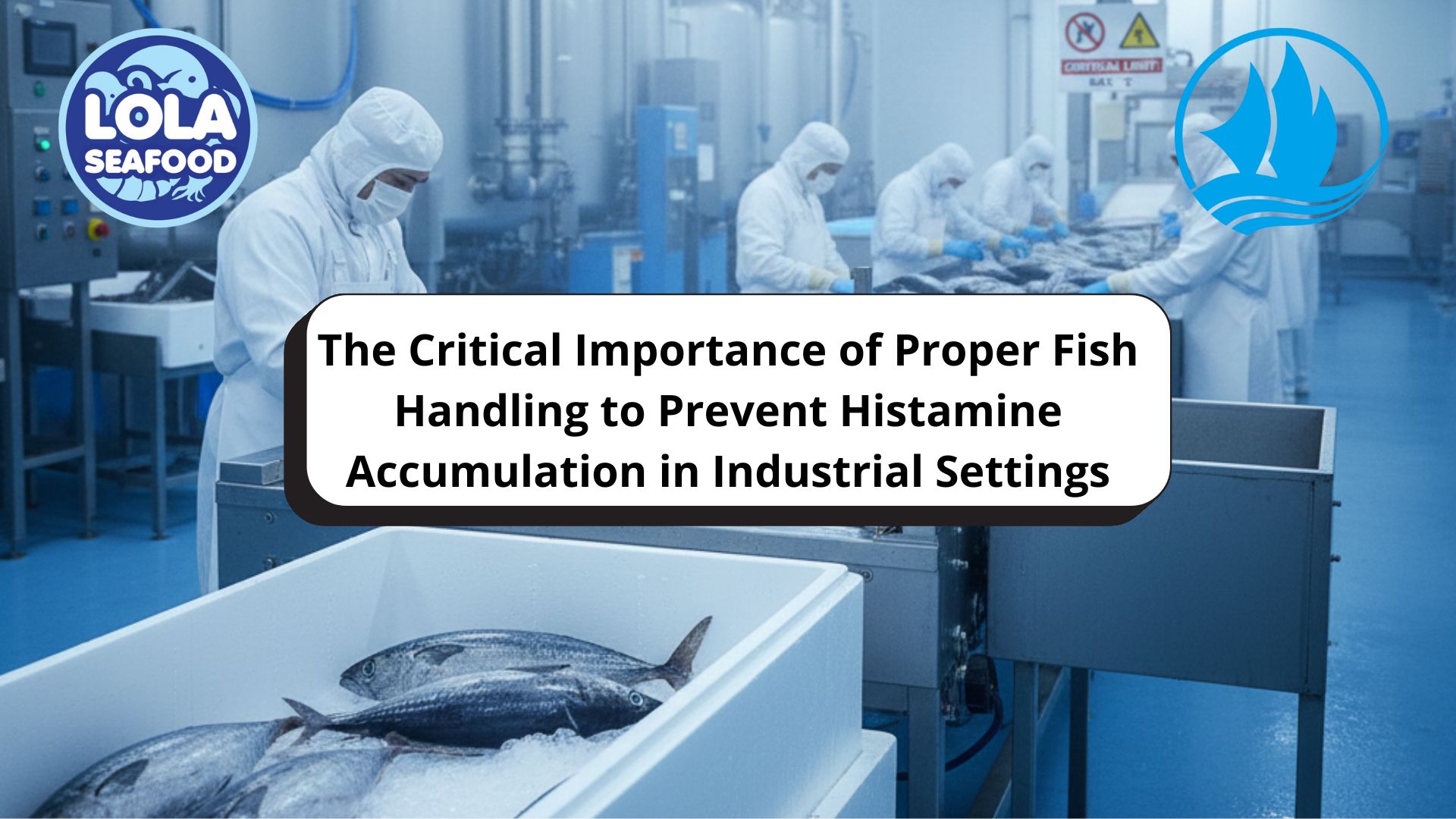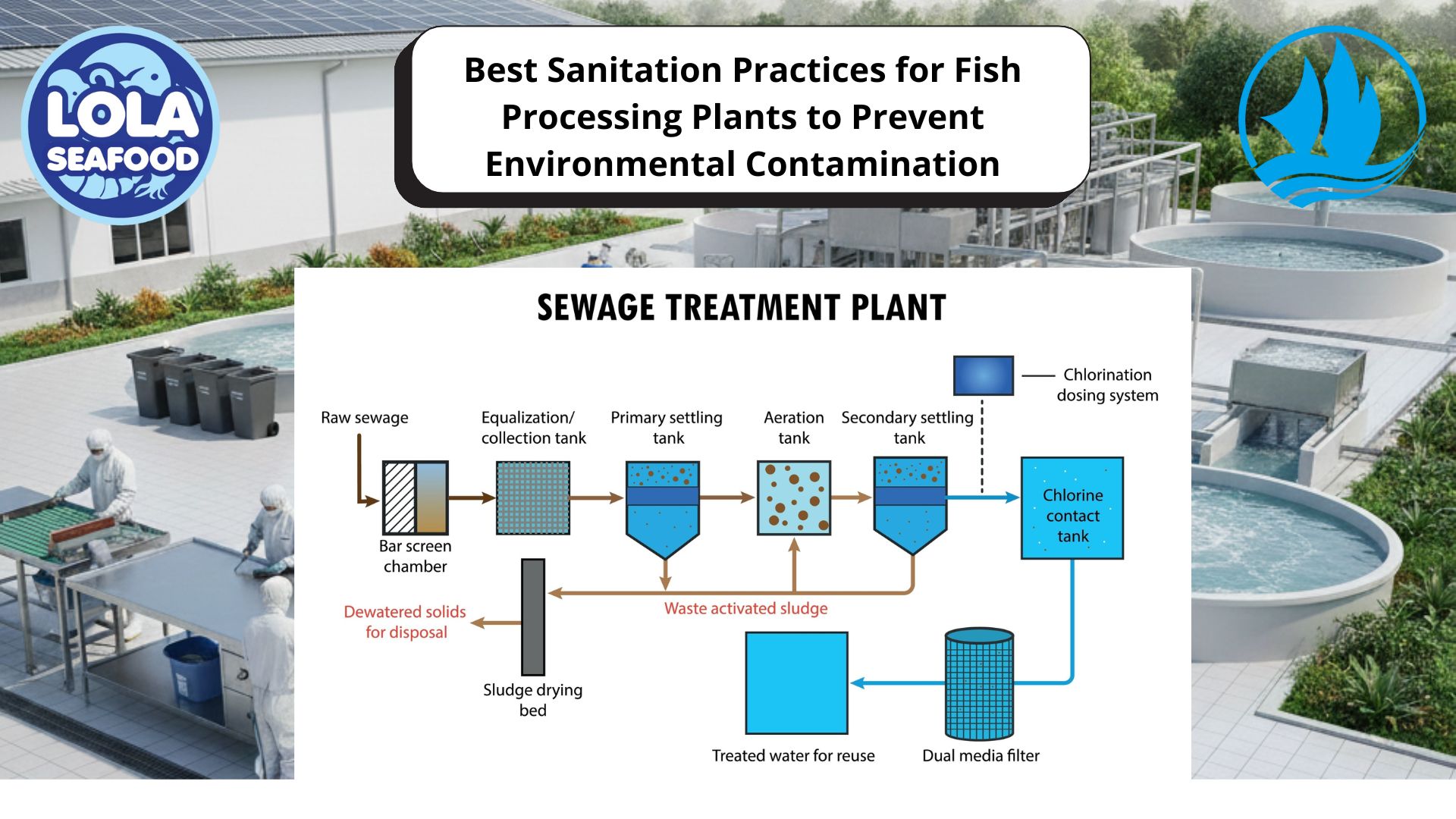Here Are Cuttlefish Life Cycle You Should Know
By. Nevanda - 13 Apr 2023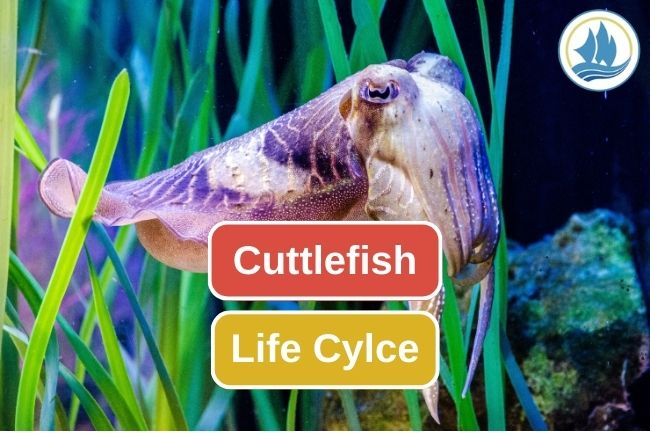
kelolalaut.com - Cuttlefish are marine animals that belong to the class Cephalopoda, which also includes octopuses, squid, and nautiluses. They are found in the shallow coastal waters of oceans all over the world, and are known for their distinctive ability to rapidly change the color and texture of their skin for communication, camouflage, and hunting.
In addition to their fascinating physical adaptations, cuttlefish are also known for their intelligence and problem-solving abilities. They are able to navigate mazes, recognize individual humans, and use tools to obtain food. Cuttlefish are also popular as food and are considered a delicacy in many parts of the world.
Read also: You Should Consider These Things Before Eat Raw Fish
Cuttlefish have a fascinating life cycle, which involves several distinct stages. Here is an overview of the cuttlefish life cycle:
- Eggs: Cuttlefish reproduce sexually, with the female laying hundreds of small, jelly-like eggs. These eggs are typically laid in clusters and attached to rocks, plants, or other surfaces in the water.
- Hatchlings: After a few weeks, the eggs hatch into tiny cuttlefish larvae, known as hatchlings. The hatchlings are only a few millimeters in length and are translucent.
- Juveniles: As the hatchlings grow, they develop their characteristic cuttlefish features, including eight arms and two tentacles. They also begin to develop the ability to change their skin color and texture to blend in with their surroundings. This stage lasts for several months.
- Adults: Once the cuttlefish reach adulthood, they are ready to mate. The males will display intricate courtship behaviors to attract females, including changing their skin color and texture. Once a female has been successfully courted, she will lay her eggs and the life cycle begins anew.
It is worth noting that cuttlefish have a relatively short lifespan, with most species living only one to two years. However, during this time they are highly adaptable and intelligent, and are capable of learning and problem-solving.
Read also: Pros And Cons Of Fish Scraps As Compost
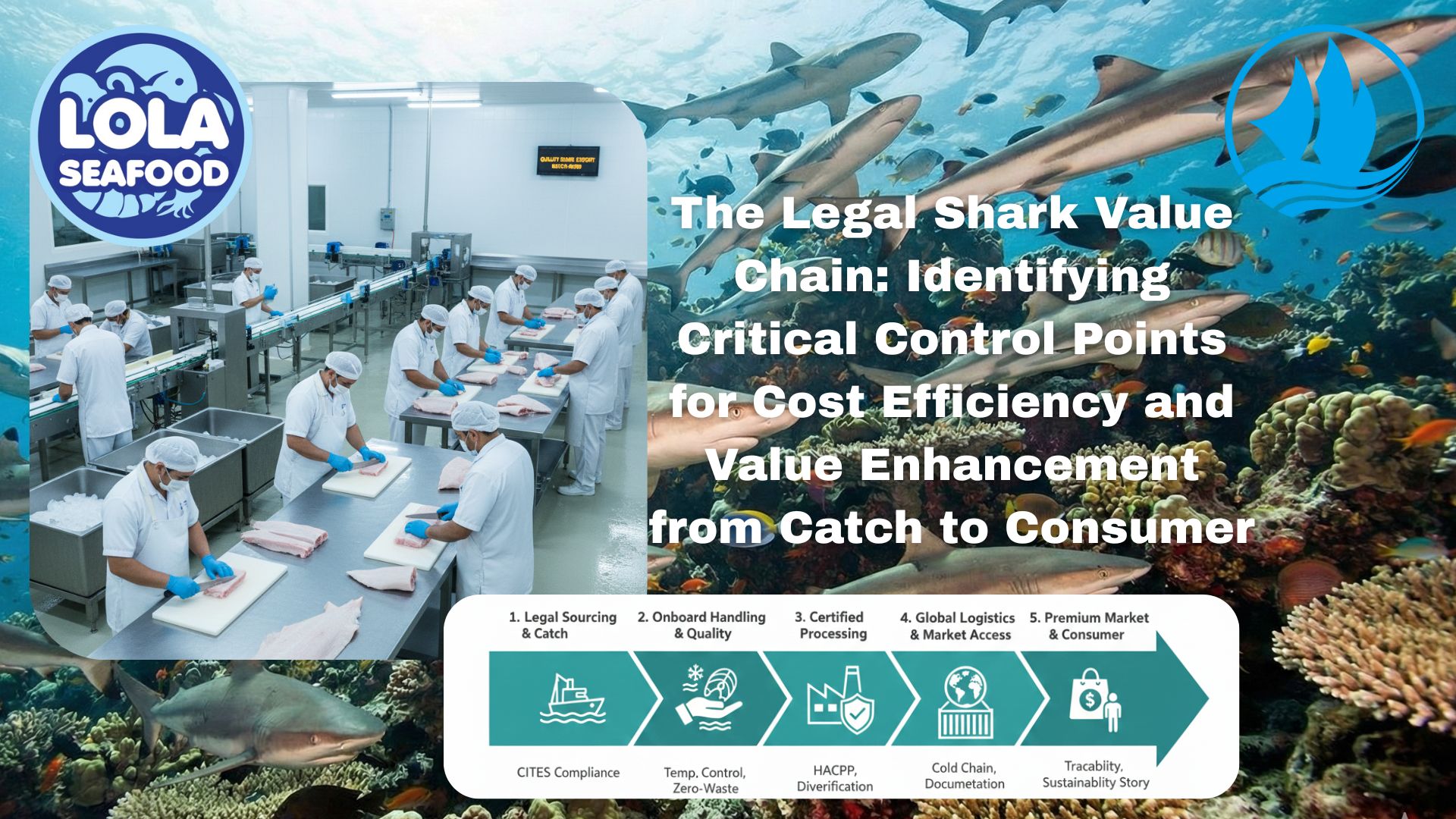
The Legal Shark Value Chain: Identifying Critical Control Points for Cost Efficiency and Value Enhancement from Catch to Consumer
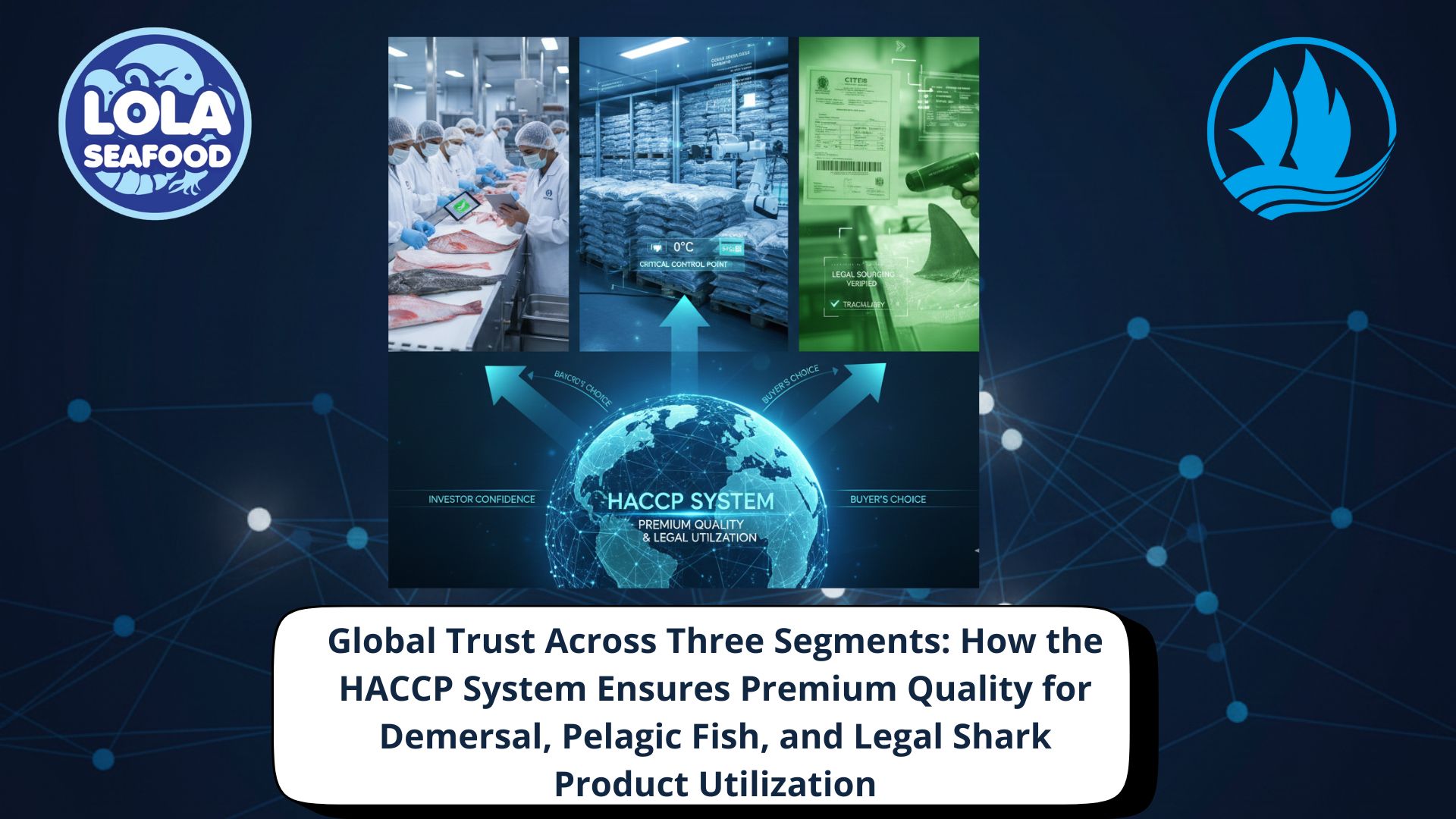
Global Trust Across Three Segments: How the HACCP System Ensures Premium Quality for Demersal, Pelagic Fish, and Legal Shark Product Utilization
.jpg)
Green Investment, Profitable Harvest: How Sustainability Practices Reduce Operating Costs in Fish Fillet Processing Plants (Skin-On and Skin-Less)
 in Meeting Global Protein Demand Sustainably.jpg)



